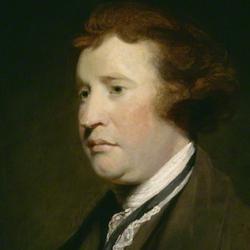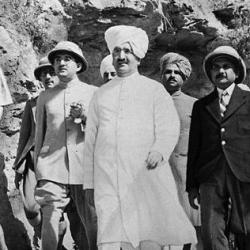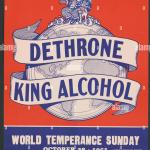In their just-released Decolonization: A Short History, Jan Jansen and Jurgen Osterhammel observe that decolonization not only remade the maps of former colonies, but also involved the “Europeanization of Europe” and produced changes in political norms and expectations.
“Decolonization,” they write “led to ‘Europe falling back on itself,’ altered the position of the continent in the international power structure, and interacted with the supranational integration of Europe’s nation-states, which reached its first culmination in 1957 with the establishment of the European Economic Community (EEC), the forerunner of the present European Union (EU)” (6–7).
They point out that “out of a world of imperial blocs and dependency relations there emerged in the ‘short’ twentieth century a mosaic of politically autonomous states, each of which jealously defended its ‘sovereignty,’ even if with symbolic gestures alone.” Thus “de-colonization” has a positive dimension: It is “an apparatus for the serial production of sovereignty, as a kind of sovereignty machine that produces political units, standardized according to templates of international life: a series of states, each with a defined territory, its own constitution, legal order, government, police, flag, and national anthem” (9–10). Decolonized nations avert their eyes from the fact that they borrowed all this apparatus from colonial masters.
Thus decolonization involves “the historically unique and, in all likelihood, irreversible delegitimization of any kind of political rule that is experienced as a relationship of subjugation to a power elite considered by a broad majority of the population as alien occupants” (1–2).















